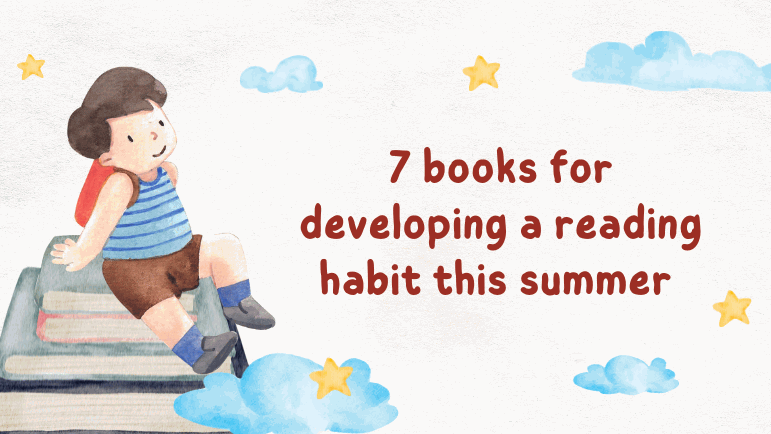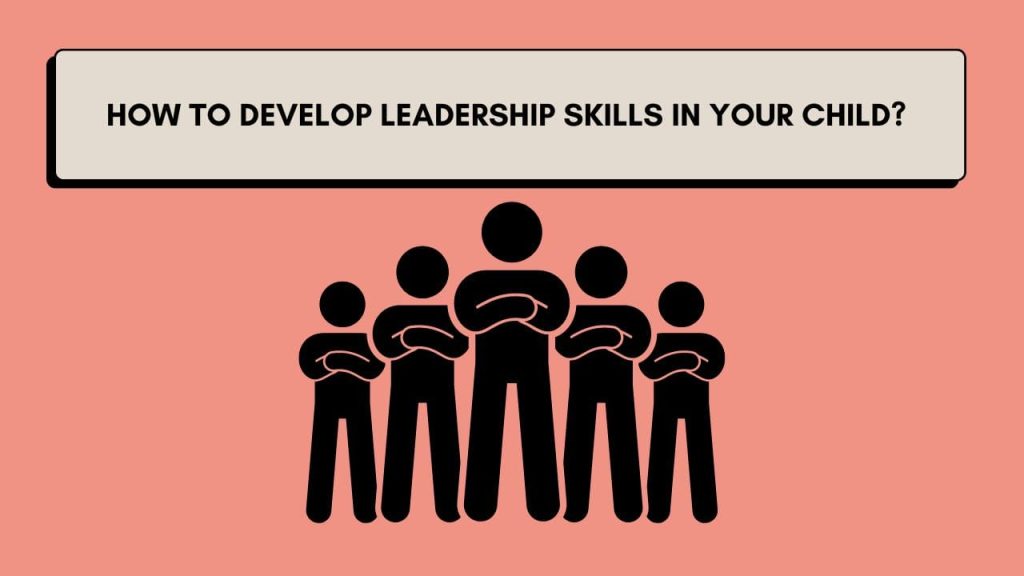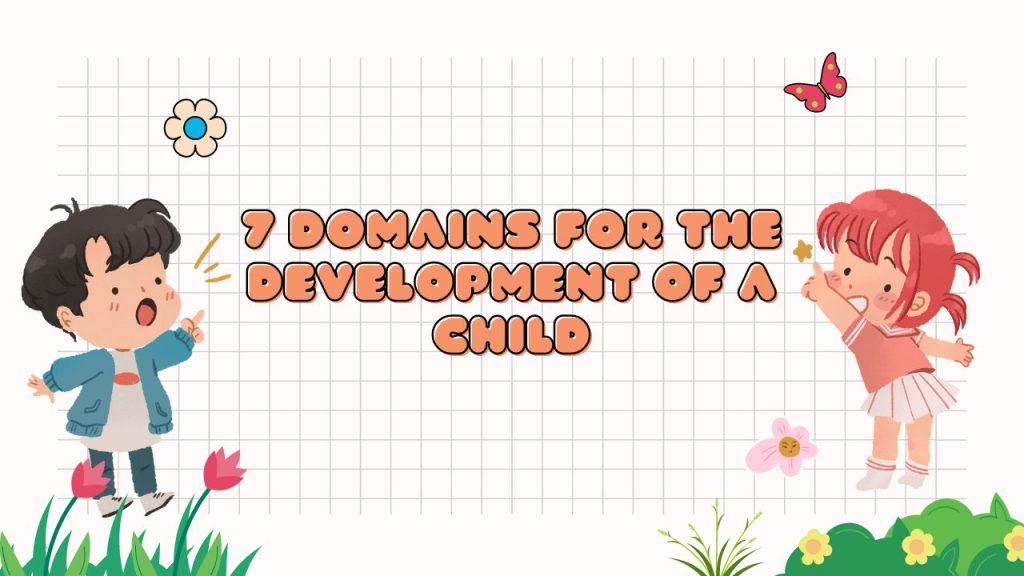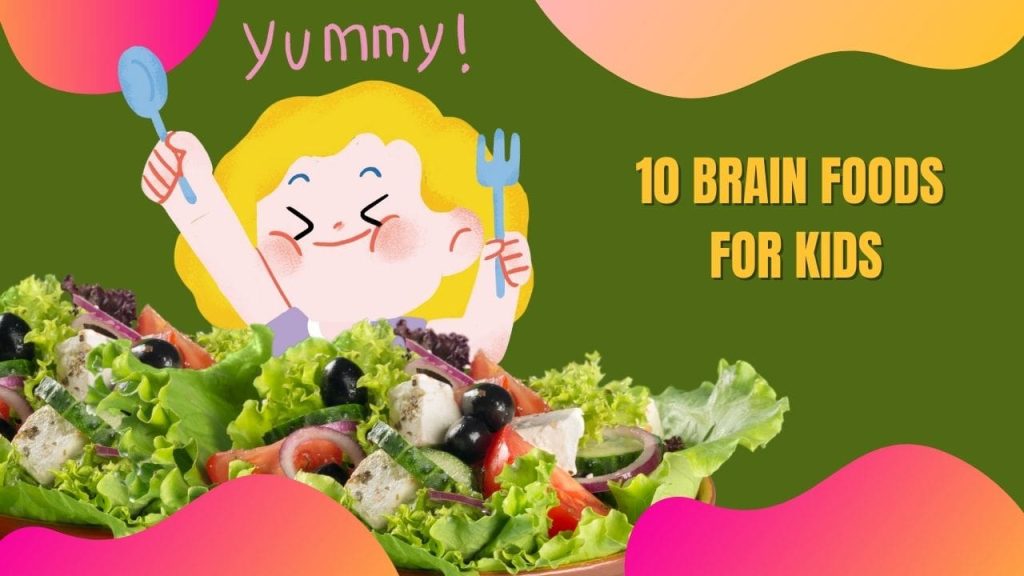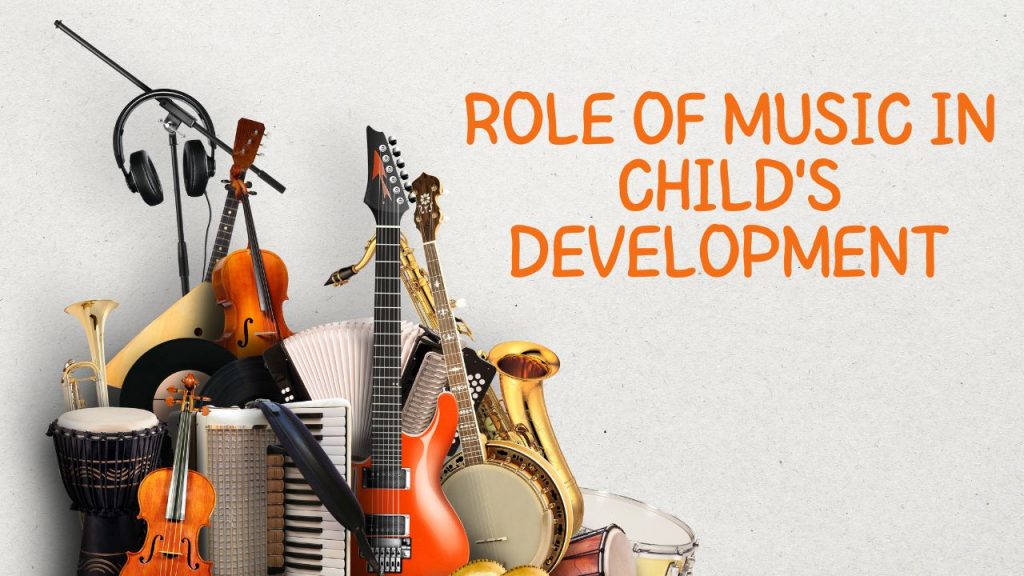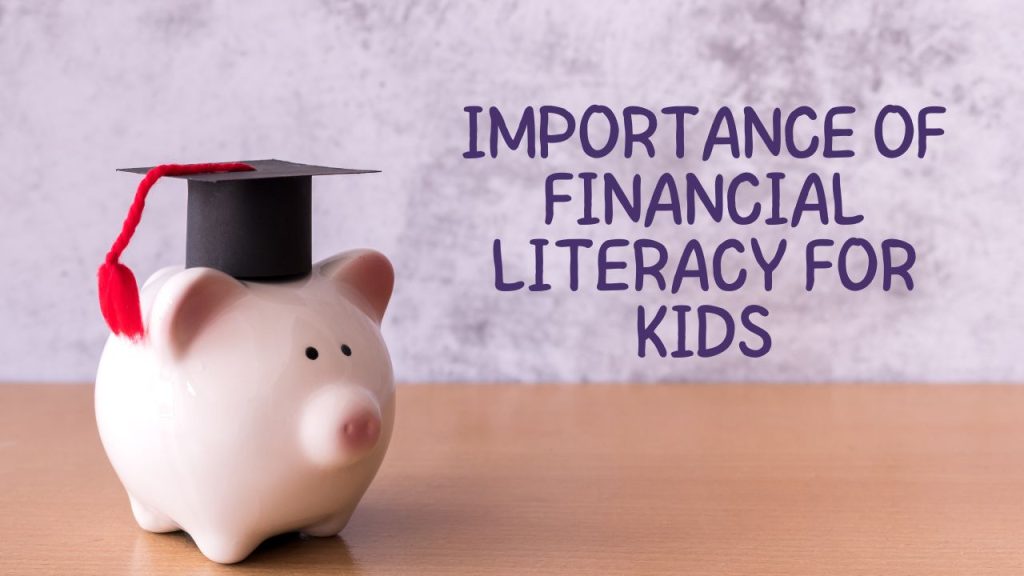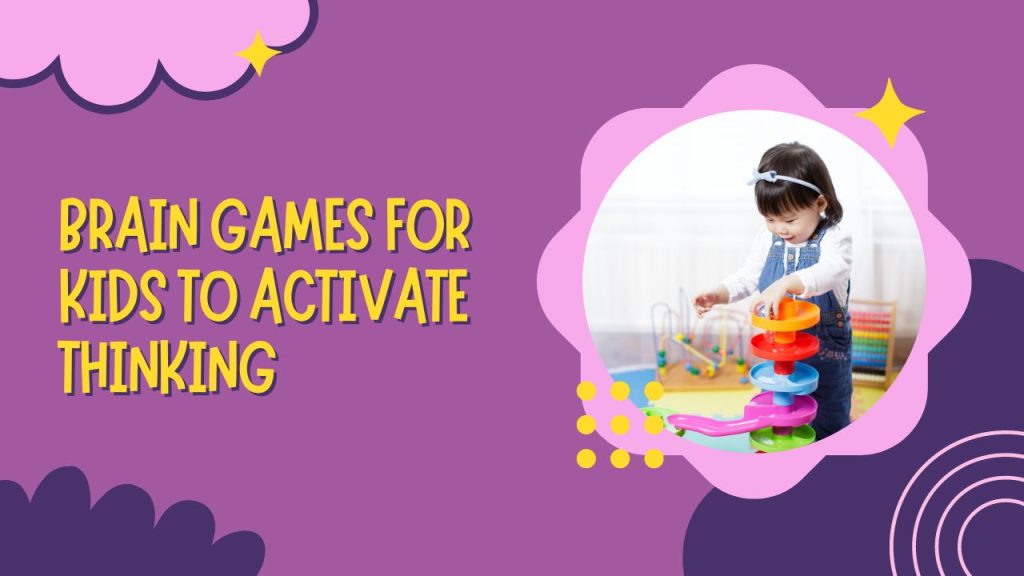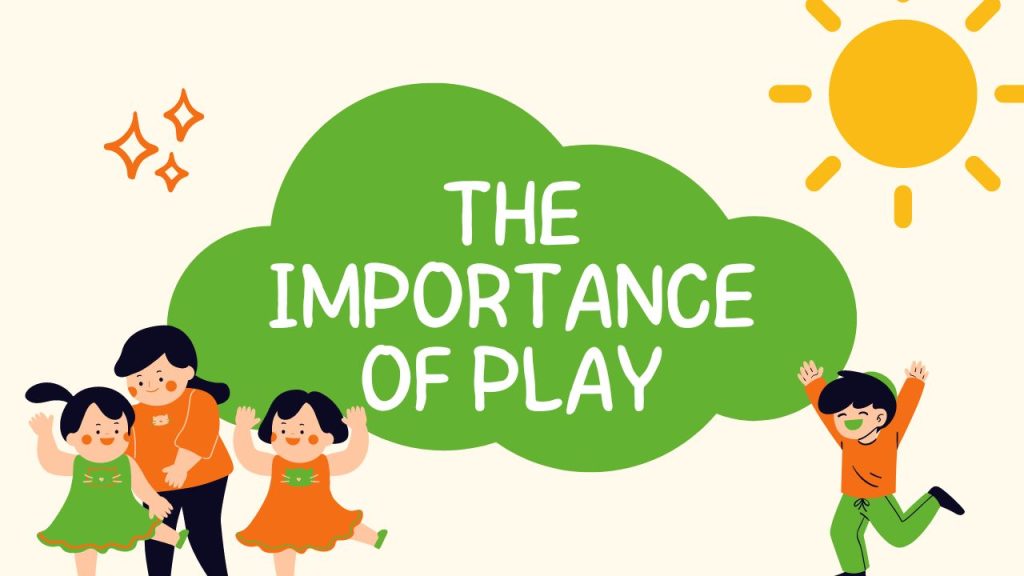7 books for developing a reading habit this summer
7 books for developing a reading habit this summer 1. “The Very Hungry Caterpillar” by Eric Carle (Ages 1-3) “The Very Hungry Caterpillar” by Eric Carle is a beloved children’s book that follows the journey of a caterpillar as it transforms into a beautiful butterfly. This book is a great choice for children ages 1-3 because it is a simple yet engaging story that teaches important concepts such as counting, days of the week, and healthy eating habits. The colorful illustrations and interactive pages also make it a fun and stimulating read for young children. Overall, “The Very Hungry Caterpillar” is a classic book that is both educational and enjoyable for young readers. 2. “Corduroy” by Don Freeman (Ages 2-5) “Corduroy” by Don Freeman is a classic children’s book that has been beloved by generations. This heartwarming story follows the adventures of a small teddy bear named Corduroy who is searching for his missing button. The book teaches important lessons about friendship, kindness, and the value of being oneself. With beautiful illustrations and a charming storyline, “Corduroy” is sure to captivate young readers and inspire their imaginations. It’s a must-read for any child’s library. 3. “Where the Wild Things Are” by Maurice Sendak (Ages 3-6) “Where the Wild Things Are” by Maurice Sendak is a classic children’s book that should be read because of its imaginative story, beautiful illustrations, and valuable lessons about emotions, creativity, and the power of imagination. It follows the journey of a young boy named Max, who sails away to an imaginary land where he meets wild creatures and becomes their king. Through Max’s adventures, children can learn about the importance of expressing their emotions, embracing their creativity, and finding their own inner strength. The book is a timeless masterpiece that has been beloved by generations of readers and is sure to inspire children’s imaginations and creativity. 4. “Charlotte’s Web” by E.B. White (Ages 6-9) Charlotte’s Web” is a classic children’s book that has captivated readers of all ages for generations. This heartwarming story follows the unlikely friendship between a pig named Wilbur and a spider named Charlotte, who comes up with a plan to save Wilbur’s life. With themes of friendship, loyalty, and selflessness, “Charlotte’s Web” is a timeless tale that teaches important lessons about compassion and the value of life. It is a must-read for anyone who loves animals or simply enjoys a well-written, heartwarming story. 5. “Harry Potter” series by J.K. Rowling (Ages 8-12) The “Harry Potter” series by J.K. Rowling is a must-read for anyone who enjoys a captivating story filled with magic, adventure, and memorable characters. It’s a timeless classic that has captured the hearts of readers of all ages and has become a cultural phenomenon. The series is not only entertaining but also teaches valuable life lessons about friendship, bravery, and perseverance. Whether you’re a child or an adult, the “Harry Potter” series is sure to transport you to a world of wonder and leave you spellbound. 6. “Percy Jackson and the Olympians” series by Rick Riordan (Ages 12-16) Percy Jackson and the Olympians” is a highly engaging and entertaining young adult fantasy series that combines Greek mythology with modern-day settings and characters. The books follow the adventures of Percy Jackson, a demigod with ADHD and dyslexia, as he navigates through dangerous quests and battles against mythological monsters and villains. The series is filled with action, humor, and relatable characters, making it a perfect choice for readers of all ages who enjoy fast-paced, exciting storytelling with a touch of humor and mythology. Additionally, the series has valuable messages about friendship, loyalty, and personal growth, making it a great option for young readers to learn and grow from. 7. To Kill a Mockingbird by Harper Lee (Ages 16-18) “To Kill a Mockingbird” by Harper Lee is a classic novel that offers a powerful and poignant exploration of race, class, and justice in the American South during the 1930s. It follows the story of a young girl named Scout Finch and her family as they navigate the social and political realities of their small town. The novel is a masterful work of fiction that offers readers a deeply moving and thought-provoking examination of issues that are still relevant today. It explores the complex nature of prejudice and the courage it takes to stand up for what is right, even in the face of overwhelming opposition. Overall, “To Kill a Mockingbird” is a must-read for anyone interested in literature, history, or social justice. It is a timeless masterpiece that continues to resonate with readers of all ages and backgrounds.

